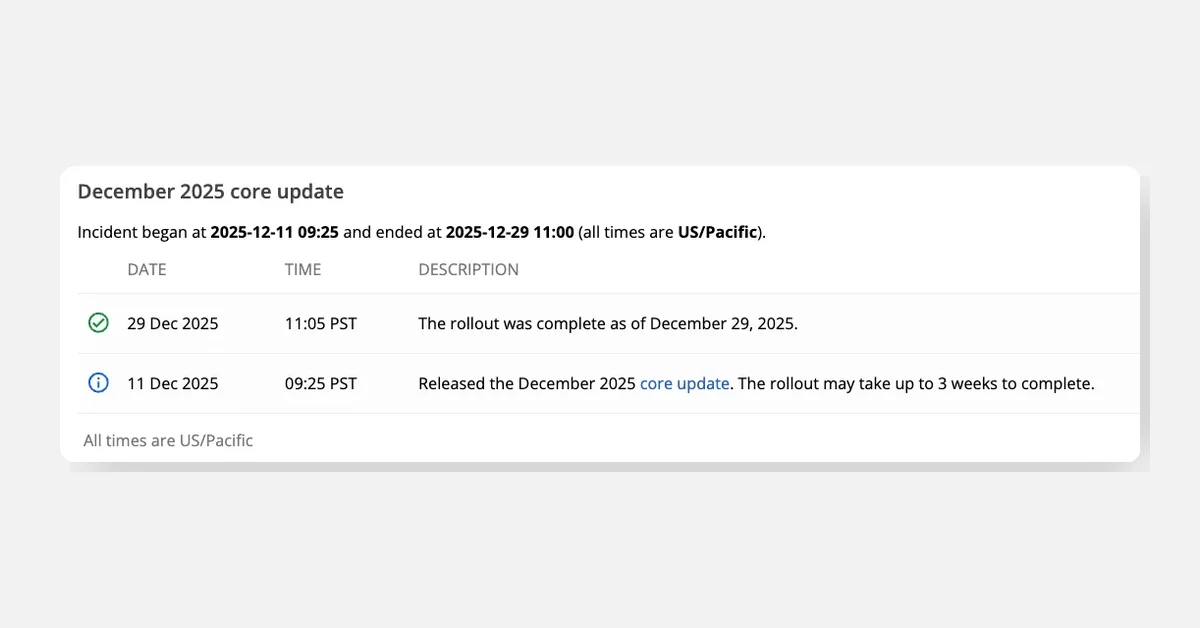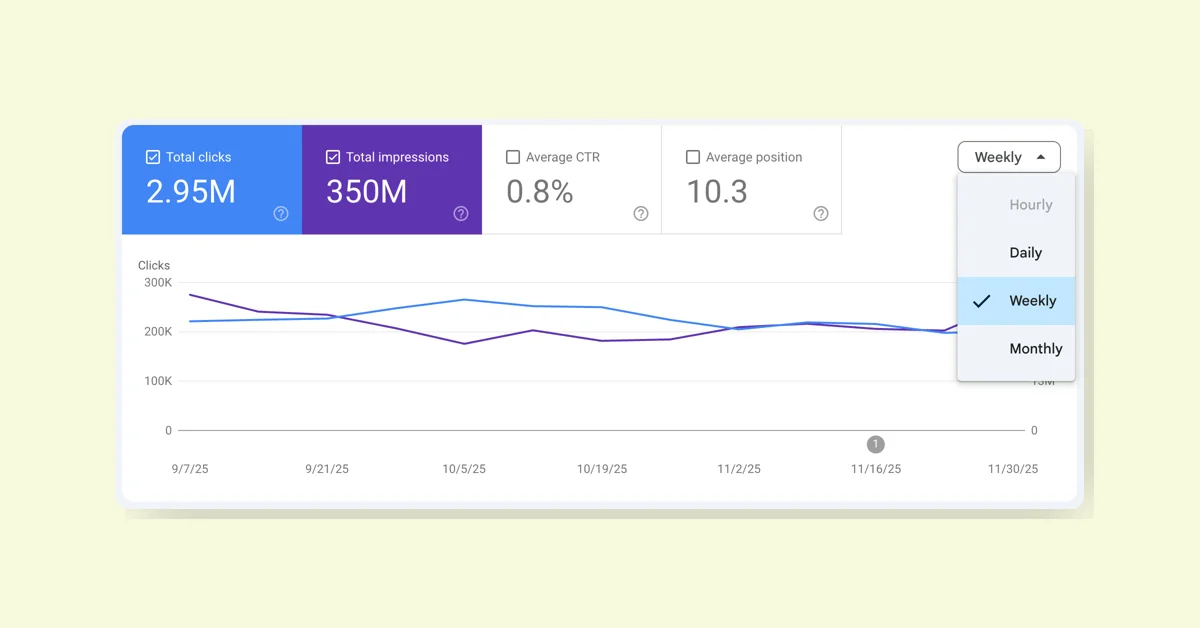Google has submitted a proposal in response to the Department of Justice’s (DOJ) antitrust lawsuit, which claims monopolistic practices in search. Google plans to appeal the court's initial decision but must first present remedy proposals as part of the legal process. The company argues that the case revolves around contracts, asserting that antitrust law requires remedies to be directly related to those contracts, contrary to the DOJ's broader proposal.
Google emphasizes that its success is due to innovation and consumer choice, stating that users prefer Google Search voluntarily. The company highlights the dynamic nature of the market, particularly with the rapid advancements in AI since the trial concluded over a year ago.
DOJ's Proposal
The DOJ's proposal is viewed by Google as overly interventionist and not aligned with the court's findings, which focus on search distribution agreements. Google argues that the DOJ could have pursued other antitrust cases if it believed their investments in technology were anti-competitive. The DOJ's proposal is criticized for potentially harming consumers and undermining U.S. technology leadership by requiring the sharing of private search queries and restricting innovation.
Google's Remedies Proposal
Google's proposal aims to address the court's findings specifically regarding search distribution contracts. Key points include:
- Browser Agreements: Browser companies like Apple and Mozilla should maintain the freedom to choose search engines based on user needs, with the ability to have multiple default agreements across platforms.
- Android Contracts: Device manufacturers should have the flexibility to preload multiple search engines and Google apps independently.
- Oversight and Compliance: A robust mechanism will ensure compliance with the court's order without extensive government control over online experiences.
Google acknowledges that these changes may impose costs on partners but believes they adequately address the court's findings while protecting consumer privacy and U.S. technological leadership.
Google's filing references legal precedents emphasizing that remedies must align with the violations found at trial and that extreme remedies could impair competition. The company stresses the importance of caution in antitrust remedies to avoid stifling innovation and investment.
Google contends that the DOJ's approach would negatively impact consumers and the broader technology landscape in the U.S., advocating for a remedies proposal that aligns with the court's findings and supports continued innovation.




















